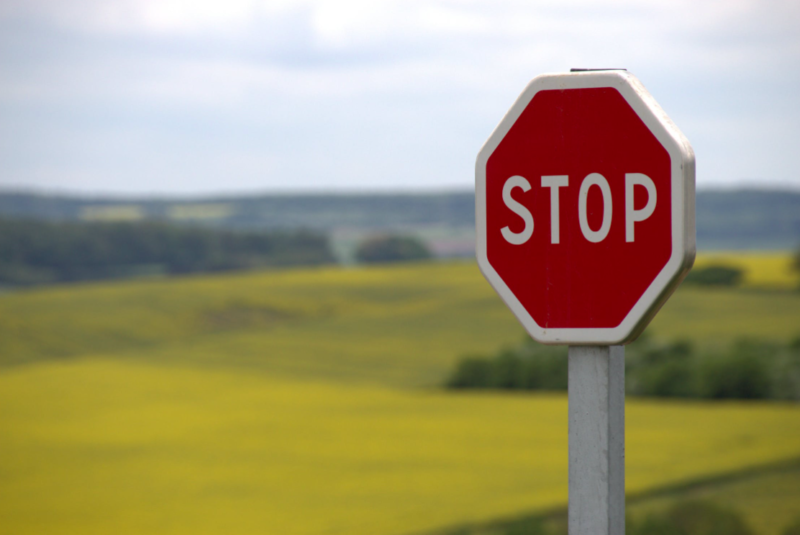
If you have a loved one who struggles with addiction, you’ve come to the right place.
Watching a loved one struggle with a pathological drive to drink or take drugs can be one of the most difficult things we experience in life. Addiction tests our love, trust, respect and hope for our loved ones. It can make our loved ones assume completely different personalities and make them do things we never thought they would be capable of. It can destroy our confidence in our loved ones and make them a source of fear, dread and disgust rather than the source of joy, happiness and love that we’d like them to be. We feel powerless and frustrated that we can’t seem to get them to stop using or drinking. We feel betrayed when they seem to consciously choose their substance of choice over us.
If you’re feeling any of the feelings we’ve mentioned here, know that you’re not alone. This is what addiction does to relationships. The feelings you’re experiencing are a normal reaction to the instability caused by untreated Substance Use Disorder (SUD).
Today, let’s look at some of the key messages we at Shanti Recovery and Wellness want each and every loved one of someone with SUD to know about the disease. We’ll also talk about what you can do during this difficult time to help your loved one and – perhaps most importantly – yourself.
Addiction is a Disease, Full Stop.

It can be really easy to take addiction personally because it attacks our families and friends in a very personal way. We wonder what’s wrong with our loved ones that they are behaving this way. We wonder what we did to cause it or make it worse. We obsess over what they did or didn’t do or should be doing in regards to their addiction. This is a normal reaction, but it is not generally constructive.
The first and most important takeaway is this: Addiction is a medically recognized disease. It’s a health condition that’s caused by a variety of factors that are largely out of anyone’s control. Your loved one is not using drugs or alcohol to excess because of a moral failing or personal weakness. Their substance abuse is largely attributable to chemical imbalances in the brain, which worsen over time. They are unwell. Nearly every person with SUD makes many very genuine attempts to control their substance use and keep it from doing harm in their lives only to find that they cannot successfully do so. You may not perceive these attempts from the outside but, trust us, they’ve happened. We have yet to meet a person with SUD who intended to wreak havoc in their lives and their loved one’s lives with their substance use.
To make matters even more difficult, it’s super common for those with SUD to struggle with other mental health conditions, as well.
How to Support Your Loved One Through Addiction the Right Way

If we’ve learned anything about addiction, it’s that addiction is a family disease.
When addiction profoundly affects your loved one, it profoundly affects you, too, even though you’re not the one using problematic substances.
The absolute best thing you can do for your loved one is to seek support for yourself. We highly recommend AlAnon meetings for those with loved ones who struggle with addiction. If support groups don’t sound like something of interest to you, we urge you to consider one-on-one counseling or pastoral counseling. It’s important to get outside help.
Walking alongside a loved one through addiction is incredibly difficult work. It requires holding loving, patient and kind space for a person who is sometimes unable to reciprocate due to their disease. It’s natural that many of us need outside help of some kind to assist us in this task.
Not only can your support network provide a safe space to share your feelings about the situation, but they can also help you strategize about your next steps. You don’t have to tackle this problem alone.
The Good News? Addiction Treatment Works! Portland Has Some Great Options, Too

If and when your loved one is ready to get help, the good news is that the medical community has made tremendous strides in the evidence-based treatment of this disease. We have helped many people chart a simple path to regain control of their health and their lives.
At Shanti Recovery and Wellness, we pair Medication-Assisted Treatment (or MAT) with convenient medical supervision, one-on-one counseling and nutritional support. Our treatment plans are completely personalized to the individual.
